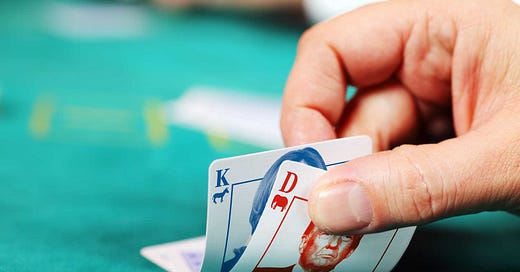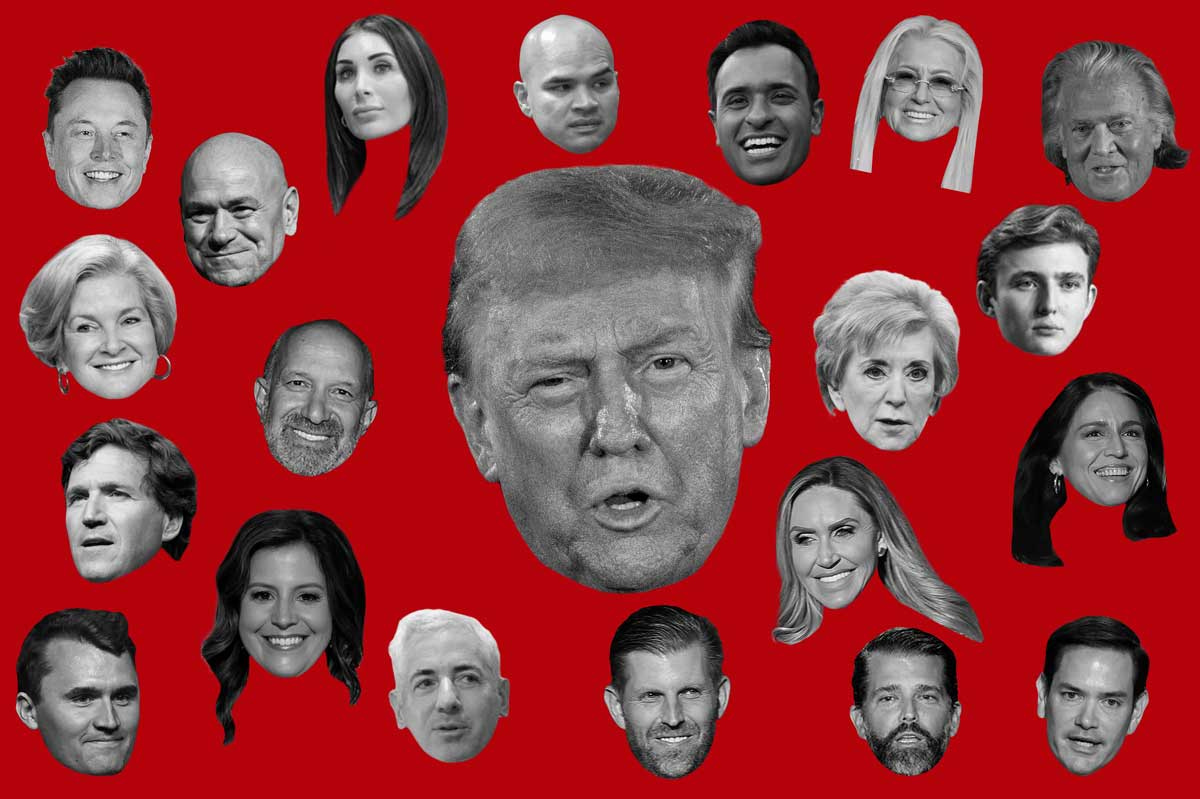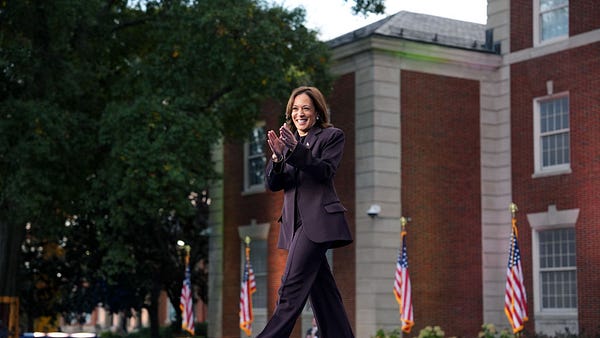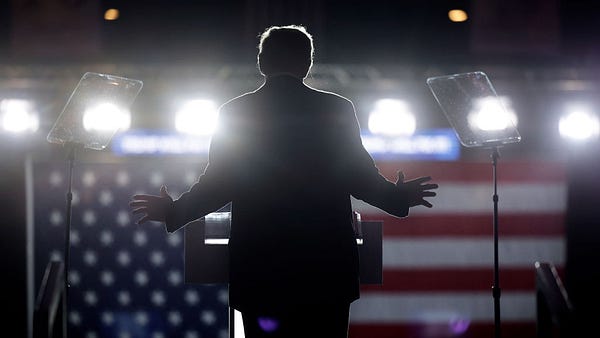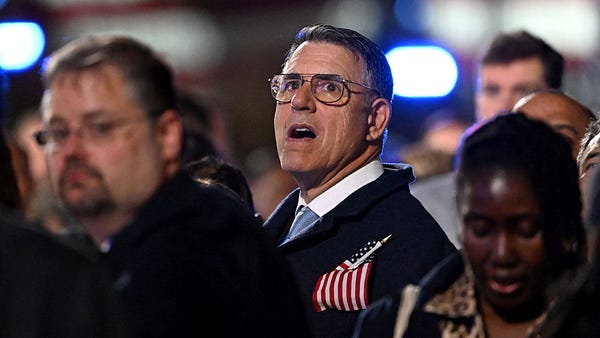
Politics nerds rejoice: You can now legally bet on elections.
After a protracted legal battle, earlier this month the financial exchange Kalshi secured a court ruling that allowed it to accept American wagers on political outcomes. The decision is a major victory for “prediction markets,” online platforms that let users bet on all kinds of future outcomes. On Kalshi, for example, users can now gamble not just on whether Donald Trump will win over Kamala Harris in next week’s presidential election but on who will be nominated at the Oscars, what mortgage rates will be next quarter, and when George R. R. Martin will finally release the next Game of Thrones book.
Even before the ruling, prediction markets had become big business, exploiting legal gray areas to operate. On Polymarket, a Kalshi competitor that runs on crypto, users have laid down the equivalent of over $2.6 billion on the race. Kalshi’s market, much smaller, still comes in at a cool $102 million.
But strange things are happening in the markets. While Trump and Harris are polling neck and neck, and most election models have the race at close to a coin toss, the numbers on Polymarket recently showed Trump breaking well away from Harris, giving him a 66.7 percent chance to win. But is this the wisdom of the market, or something more nefarious? Trump’s lead has been driven by bets placed by just four big-spending accounts—who Polymarket says are all from the same person, a French trader.

